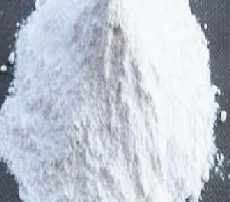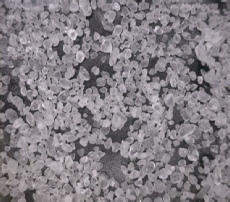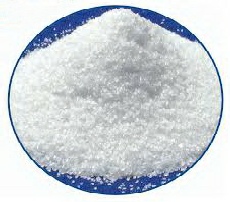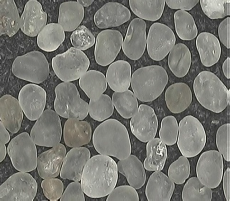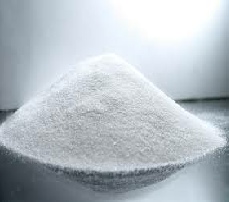


Silica Sand Usage
Glassmaking
Silica sand is the primary component of all types of standard and specialty glass. It provides the essential SiO2 component of glass formulation, and its chemical purity is the primary determinant of colour, clarity, and strength. Industrial sand is used to produce flat glass for building and automotive use, container glass for foods and beverages, and tableware. In its pulverized form, ground silica is required for production of fibreglass insulation and reinforcing glass fibers. Specialty glass applications include test tubes and other scientific tools, incandescent and fluorescent lamps, and television and computer CRT monitors.
Metal Casting
ndustrial sand is an essential part of the ferrous and non-ferrous foundry industry. Metal parts ranging from engine blocks to sink faucets are cast in a sand and clay mold to produce the external shape, with a resin bonded core creating the desired internal shape. Silica’s high fusion point (1760°C) and low rate of thermal expansion produce stable cores and molds compatible with all pouring temperatures and alloy systems. Its chemical purity also helps prevent interaction with catalysts or curing rate of chemical binders. Following the casting process, core sand can be thermally or mechanically recycled to produce new cores or molds..
Metal Production
Industrial sand plays a critical role in the production of a wide variety of ferrous and non-ferrous metals. In metal production, silica sand operates as a flux to lower the melting point and viscosity of the slags to make them more reactive and efficient. Lump silica is used either alone or in conjunction with lime to achieve the desired base/acid ratio required for purification. These base metals can be further refined and modified with other ingredients to achieve specific properties such as high strength, corrosion resistance, or electrical conductivity. Ferroalloys are essential to specialty steel production, and industrial sand is used by the steel and foundry industries for de-oxidation and grain refinement.
Chemical Production
Silicon-based chemicals are the foundation of thousands of everyday applications ranging from food processing to soap and dye production. In this case, SiO2 is reduced to silicon metal by coke in an arc furnace, to produce the Si precursor of other chemical processes. Industrial sand is the main component in chemicals such as sodium silicate, silicon tetrachloride, and silicon gels. These chemicals are used to produce household and industrial cleaners, to manufacture fiber optics, and to remove impurities from cooking oil.


EGYPT MINERAL ORES SUPPLIES AND EXPORTS VARIOUS SIZES OF RAW TALC AND TALCUM POWDER WITH DIFFERENT SIZES AND DEGREES OF PURITY ON DEMAND WHICH USED IN MANY DIFFERENT FIELDS.


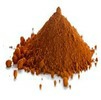
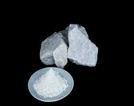 More
More
More
More
Quartz is a chemical compound made up of one part silicon and two parts oxygen. Silicon dioxide is the most abundant mineral on Earth, and its unique properties make it one of the most useful natural substances
Iron oxide varies in color from black or silver-gray to brown, reddish brown, or red. We extract our main iron oxide
IN HAC HABITASSE PLATEA









 More
More
More
More

